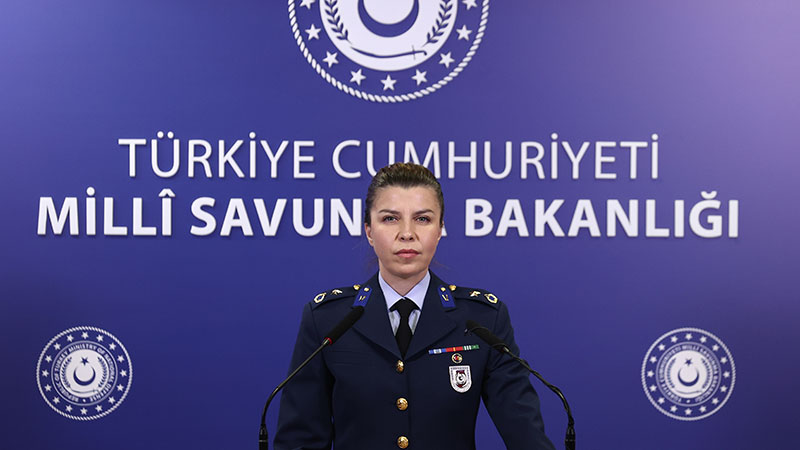The Turkish Defense Ministry has announced that Turkey has not given up its plans to use its S-400 missile defense system, whose purchase from Russia has strained relations with its NATO allies, where necessary.
“There is no change in our attitude [regarding the S-400s]. They will be deployed where necessary,” ministry official Maj. Pınar Kara said at a news conference on Monday.
Despite warnings from the United States and other NATO allies, Turkish President Recep Tayyip Erdoğan brokered a deal worth $2.5 billion with Russian President Vladimir Putin for the S-400 missile system in 2017.
Turkey started taking delivery of the first S-400s in July 2019 despite Washington’s warnings and the threat of US sanctions. In response, Washington removed Turkey from the F-35 Joint Strike Fighter program, in which Ankara was a manufacturer and a buyer. Turkey has not yet used the missile system since its purchase two years ago.
Kara also said US and Turkish defense officials, who met in Ankara last Wednesday to resolve remaining issues from the F-35 program, were to hold the second round of the talks in Washington in the next few months.
“Our first aim is to return to the F-35 program. Second, the delivery of the fighter jets allocated to us. If that isn’t possible, we are seeking the return of the money we paid,” Kara said in reference to the talks.
Turkey paid $1.4 billion to the US for the F-35 deal.
The S-400, a mobile surface-to-air missile system, could pose a risk to the NATO alliance as well as to the F-35, America’s most expensive weapons platform, according to Turkey’s Western allies.
Washington imposed sanctions in December on Turkey’s military procurement agency for its purchase of the system under the Countering America’s Adversaries Through Sanctions Act, or CAATSA, which mandates penalties for transactions deemed harmful to US interests.
Turkey’s Presidency of the Defense Industry (SSB), its chief İsmail Demir and three other officials were targeted by the sanctions, which include a ban on all US export licenses and authorizations to SSB as well as asset freezes and visa restrictions on Demir and the other individuals.
Washington still hopes to persuade its ally to “walk away” from the Russian system.

